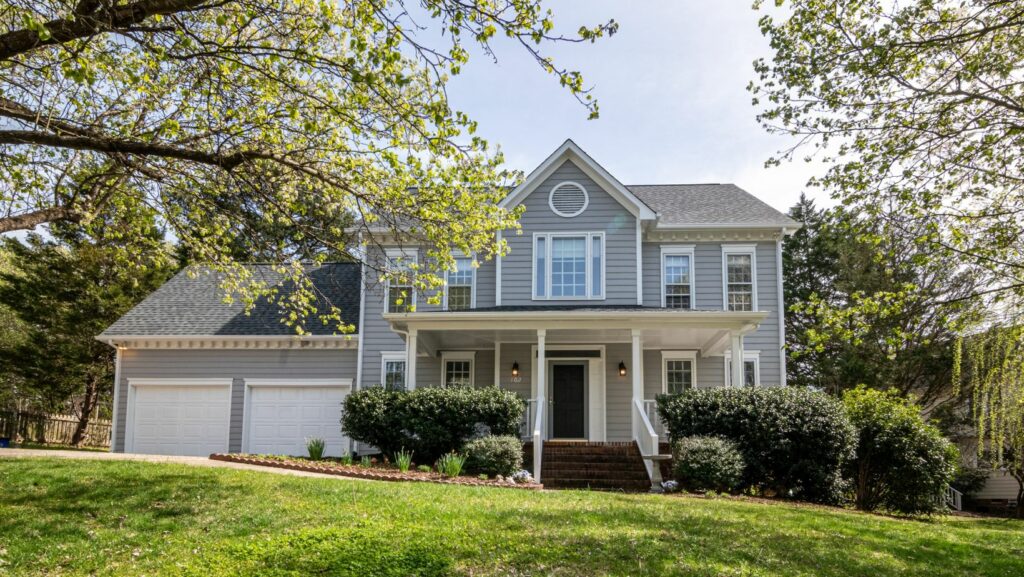In real estate, the principle of progression is a fundamental concept that can significantly impact property values. Understanding this principle is crucial for both buyers and sellers in the real estate market. Essentially, the principle of progression states that the value of a property can increase when surrounded by higher-value properties. This phenomenon can influence how properties are perceived and priced in the market.

By grasping the principle of progression, investors and homeowners can make informed decisions when buying or selling real estate. The concept underscores the importance of location and neighborhood characteristics in determining property values. As such, recognizing the principle of progression can empower individuals to leverage market trends and maximize their real estate investments.
Principle of Progression in Real Estate
The principle of progression in real estate refers to the concept where the value of a property increases when it is surrounded by higher-value properties. This phenomenon influences how properties are perceived and priced in the market, impacting both buyers and sellers in their real estate transactions.
Definition and Basic Concepts

In real estate, the principle of progression is based on the idea that the value of a property can rise simply by being in close proximity to other more valuable properties. This principle is a key factor in determining property values and is often used by appraisers, investors, and real estate professionals to assess the market value of a property.
The principle of progression can significantly influence property values by elevating the perceived worth of a property based on its surroundings. For example, a modest home located in an upscale neighborhood may have a higher value than a similar home in a less desirable area due to the principle of progression. This effect highlights the importance of location and neighborhood characteristics in real estate valuation and emphasizes the impact of surrounding properties on a property’s market price.
Impacts of the Principle of Progress Hatsn to Multiple Property Types
Exploring further, the principle of progression has significant impacts on various property types, shaping how they are perceived and valued in the real estate market.
Residential Real Estate
In residential real estate, the principle of progression plays a crucial role in determining property values. When a residential property is located in a neighborhood with higher-priced homes, its value is likely to increase. For instance, a modest house surrounded by luxury residences can experience a boost in its market price due to the principle of progression. This effect underscores the importance of location and neighborhood desirability in residential property valuation.
Commercial Real Estate
Similarly, the principle of progression influences the valuation of commercial real estate properties. A commercial property situated in a thriving business district or surrounded by upscale establishments tends to command higher rental rates and property values. This phenomenon showcases how the perceived value of a commercial property can be enhanced by its surroundings, illustrating the principle of progression at play in the commercial real estate sector.
Comparing Principle of Progression and Principle of Regression
The principle of progression and the principle of regression are two essential concepts in real estate that impact property valuation and pricing.
Key Similarities

- Both principles influence property perception and pricing.
- They consider the surrounding properties’ values in determining a property’s worth.
- The principle of progression states that a property’s value increases when surrounded by higher-value properties, emphasizing the positive impact of the surrounding neighborhood.
- In contrast, the principle of regression suggests that a property’s value could decrease if surrounded by properties of lower value, highlighting the negative influence of the neighborhood on property value.
When considering the principle of progression in real estate, investors and homebuyers can leverage specific strategies to make informed decisions and maximize their investments. By identifying opportunities and mitigating risks effectively, individuals can navigate the real estate market with confidence.
Identifying Opportunities
To identify opportunities based on the principle of progression, investors and homebuyers should conduct thorough research on the surrounding properties. By analyzing the trends in property values within a neighborhood or a specific area, individuals can pinpoint locations where the principle of progression is likely to apply. Look for areas experiencing rapid development, increased demand, or infrastructure improvements, as these factors can contribute to a property’s value appreciation.

